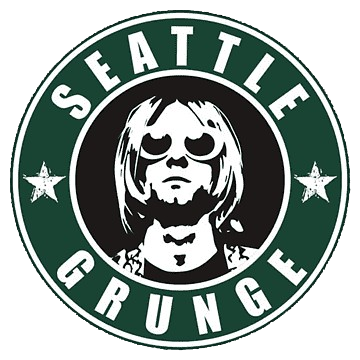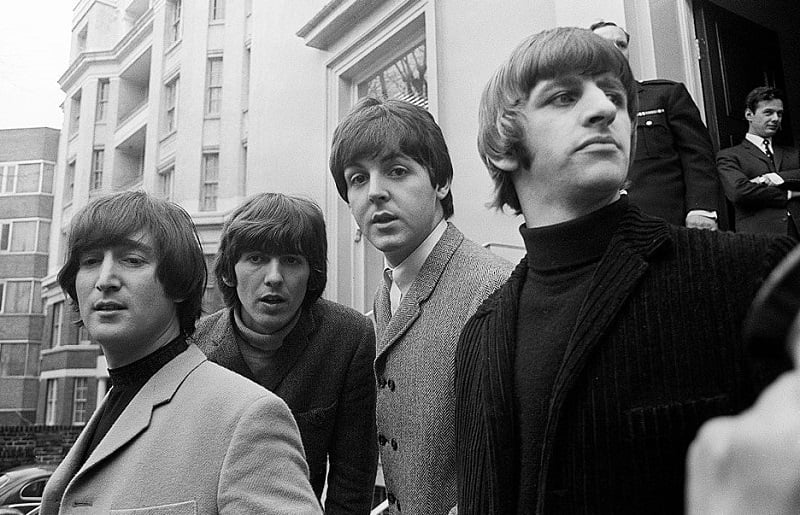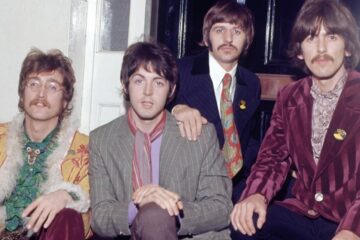The Beatles or The Rolling Stones? It is a question that has become the arbitrary music equivalent of sweet or savoury, tea or coffee, summer or winter. However, as it’s easier to provide an answer for those than it is for music lovers to select one of the British invasion royalty, it’s a conversation that will keep being had in the darkest corners of your local pub or internet hell hole for infinity and then some.
In recent times, even Paul McCartney has waded in on the debate. It’s not a tough call for McCartney to make his selection of who he liked most, however dubbing The Rolling Stones a “blues cover band” and asserting that “The Beatles were better” was perhaps a little closer to the bone than many would have imagined. It also prompted Mick Jagger to respond in kind and make a wry smile while accurately noting that The Beatles no longer exist as the Stones were about to set foot on stage for their 123rd tour.
The Beatles or The Rolling Stones? It is a question that has become the arbitrary music equivalent of sweet or savoury, tea or coffee, summer or winter. However, as it’s easier to provide an answer for those than it is for music lovers to select one of the British invasion royalty, it’s a conversation that will keep being had in the darkest corners of your local pub or internet hell hole for infinity and then some.
In recent times, even Paul McCartney has waded in on the debate. It’s not a tough call for McCartney to make his selection of who he liked most, however dubbing The Rolling Stones a “blues cover band” and asserting that “The Beatles were better” was perhaps a little closer to the bone than many would have imagined. It also prompted Mick Jagger to respond in kind and make a wry smile while accurately noting that The Beatles no longer exist as the Stones were about to set foot on stage for their 123rd tour.
However, despite these somewhat caustic comments, the battle was always on a good-natured front, and it helped to propel music in the right direction. As McCartney concluded: “We were great friends, still are kind of. We admire each other. The Stones are a fantastic group. I go see them every time they’re out. They’re a great, great band.”
One particular paradigm of the British invaders influencing each other’s work comes in the form of the classic Rubber Soul record that saw The Beatles develop a less juvenile style. Even the artwork itself represented a second chapter for the maturing and increasingly experimental band. As McCartney opined: “The album cover is another example of our branching out: the stretched photo.”
Later, adding: “That was actually one of those little exciting random things that happen. The photographer Robert Freeman had taken some pictures round at John’s house in Weybridge. We had our new gear on – the polo necks – and we were doing straight mug shots; the four of us all posing.”
McCartney added: “Back in London, Robert was showing us the slides; he had a piece of cardboard that was the album cover size and he was projecting the photographs exactly onto it so we could see how it would look as an album cover. We had just chosen the photograph when the card that the picture was projected onto fell backwards a little, elongating the photograph. It was stretched and we went, ‘That’s it, Rubber So-o-oul, hey hey! Can you do it like that?’ And he said, ‘well, yeah. I can print it that way.’ And that was it.”
Prior to choosing the artwork, The Beatles had already selected the album title, a rarity in their creative process up until that point. As it happens, it was also a covert hint towards ‘Macca’s’ recent “blues cover band” comment all along. “I’d just read about an old bloke in the States who said, ‘Mick Jagger, man. Well, you know, they’re good, but it’s plastic soul.’”
Fearing that ‘plastic soul’ might have been a bit too on the nose, the newly “fully fledged potheads” decided to twist the title with a healthy dose of creative obfuscation and opted to go with Rubber Soul instead. In the process, the Jagger jibe was lost to history, however, the album itself also exhibits the message of the old bluesman who spawned it—The Beatles were determined to exhibit some authentic introspection on the album itself and put the argument of appropriation to bed.
Subsequently, The Beatles and The Rolling Stones have commented on how they inspired and influenced each other, however, when it comes to the title of Rubber Soul, Jagger spawned a perfunctory impression that has since gone down in history before the band’s had even processed just how much they rubbed off on each other.




